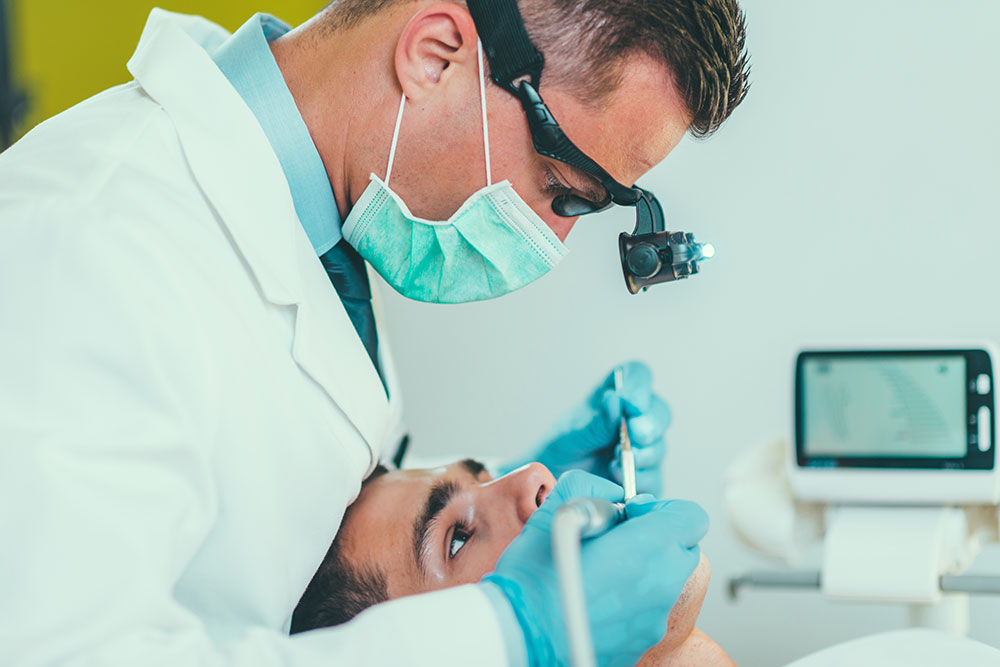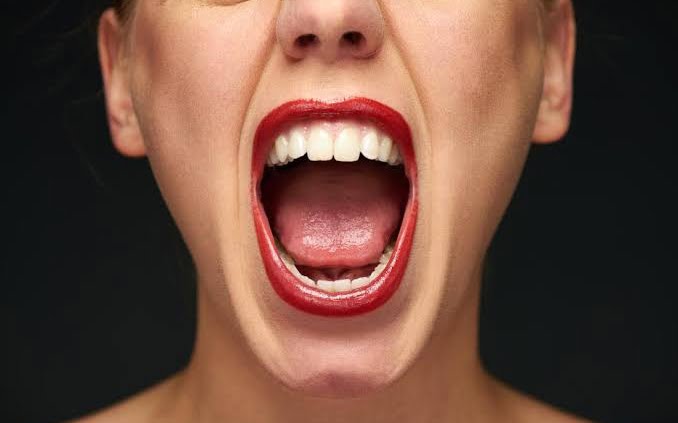Bad Breath: Causes, Treatments, Diagnosis, and Prevention
As per a recent study by the medical fraternity, it is estimated that 1 in 4 people are suffering from bad breath on a regular basis. Even after proper dental hygiene and lifestyle changes like quitting smoking and tobacco, bad breath still persists.

What is Bad Breath?
Bad Breath, also called halitosis or fetor oris, is the unpleasant smell or odor in your mouth. It can often be frustrating, embarrassing and in some cases may even cause anxiety. Many people wake up with bad morning breath, which is common. But, in some cases, the unpleasant odor in mouth remains throughout the day.
What causes Bad Breath?
Ninety percent of bad breath( halitosis ) occurs due to the protein breakdown or imbalances in our mouth on the tongue or the gum tissue. Halitosis is caused by a variety of things including diet and lifestyle habits like smoking, drinking and consumption of tobacco. Diseases or conditions like diabetes, Gastroesophageal reflux disease (GERD), gum disease and lactose intolerance can also cause chronic bad breath, which needs special medical attention.

Diet:
- When a person does not brush or floss their teeth regularly and properly, food particles that are left in the mouth causes cavity. When left untreated over a period of time, the cavity may promote the growth of bacteria, resulting in foul breath. The bacterial growth may further lead to tooth decay and gum disease.
- Food and spices with strong odors such as onions, garlic, curry leaves, fish and acidic beverages like coffee also contribute to halitosis . The reason being these food items often cause stomach upset, bloating and belching.
Dry Mouth:
One of the main reasons for unpleasant breath is a dry mouth (which simply means decreased flow of salvia). The salivary glands in our mouth produce about 2 litres of salvia daily, which contain enzymes that help in the digestion of the food.
Lifestyle habits:
Besides contributing to bad breath, smoking, drinking and chewing tobacco based products can lead to deadly diseases like lung cancer and mouth cancer.
Dentures:
Braces or dentures, when not cleaned properly on a daily basis can largely contribute to halitosis. This is due to the accumulation of food particles in and around the braces.
Drugs :
Some medications like nitrates used to treat angina, tranquilizers like phenothiazines and vitamin supplements when taken in high dosage often leads to awful and stinking breath.
Diagnosis or Symptoms of Bad Breath:
One of the most common signs of halitosis is noticing the disgusting smell coming from your mouth. You can always ask your friends or family relatives to assess how your breath smells.

A few other symptoms of bad breath include:
- Bad taste in mouth
- Sour taste
- Dry mouth
- A thin crust or layer on the tongue
Often a dentist use the following detectors to check how bad your breath is based on a six-point intensity scale:
- BANA test: This is done to measure the levels of enzymes produced by bacteria causing bad breath
- Halimeter: This breath checker is used to detect the levels of sulphur
- Gas chromatography: This test indicate the volume of Hydrogen sulfide, methyl mercaptan, and dimethyl sulfide present in our mouth
Treatment options for bad breath:
- Normally, if halitosis is caused due to cavities or plaque accumulation, a dental clean-up is the best treatment option.
- However, if your bad breath is chronic and remains occurring even after proper oral hygiene, then your dentist may ask you to undergo a series of an antimicrobial rinse to help keep bacteria at bay.
- Plus, if you have periodontal or gum disease, a deep dental cleaning is often recommended by your dentist.
- If dry mouth is the reason for your chronic bad breath, then use of artificial saliva product is highly advised as per your dentist prescription
What can you do to Prevent Bad Breath?
If you wish to prevent halitosis, we do recommend adhering to the following steps:
Practice good oral hygiene:
- Make a habit of brushing or flossing your teeth at least twice a day
- Also, make use of a fluoride toothpaste, which has the capability of removing food debris
- Do remember to brush and clean your tongue everyday
- Rinse your mouth with antibacterial mouthwash twice a day, especially after consuming caffeine products or food items with strong odor
- If you have braces or dentures, careful cleaning is required on a daily basis
Visit your dentist for a regular checkup:
- Visit your dentist at least twice a year
- Professional dental cleaning will keep your teeth and gums healthy
- You dentists will also polish your teeth during the checkup
Change your lifestyle habits:
- Smoking should be completely avoided if you want your breath to be fresh and pleasant
- Consumption of alcohol must be reduced or stopped totally
- Chewing tobacco based products must be fully avoided to keep bacteria at bay
Drink lots of water:
- One of the easiest ways to prevent bad breath is to drink lots of water daily
- Chewing sugarless gum or candy will keep your mouth moist
- Mints can also consumed that refreshes the production of saliva
- Mints high in xylitol content are the best
Do keep a check on the foods you eat:
- If you feel a particular food item is causing bad breath, seek consultation from your dentist
- Do make a list of drugs and other medications you intake
Conclusion:
Almost everyone experiences halitosis once in a while, but some people are extremely conscious about their breath and struggle to find a reliable solution. When you suffer from bad breath, it not only makes your feel embarrassed, but it also impacts your confidence.
Fortunately, in most cases, when bad breath is not chronic can be treated with simple remedies. Maintaining a proper oral hygiene and implementing healthy lifestyle goes a long way in remaining healthy and leading an excellent lifestyle.



Leave a Reply
Want to join the discussion?Feel free to contribute!